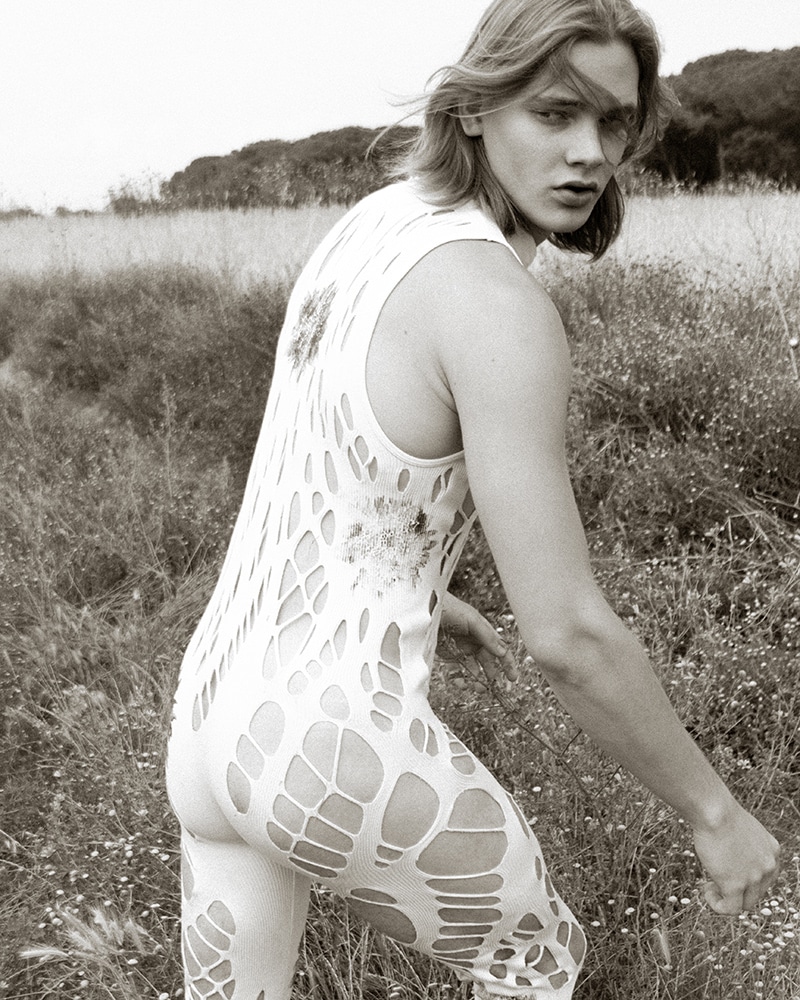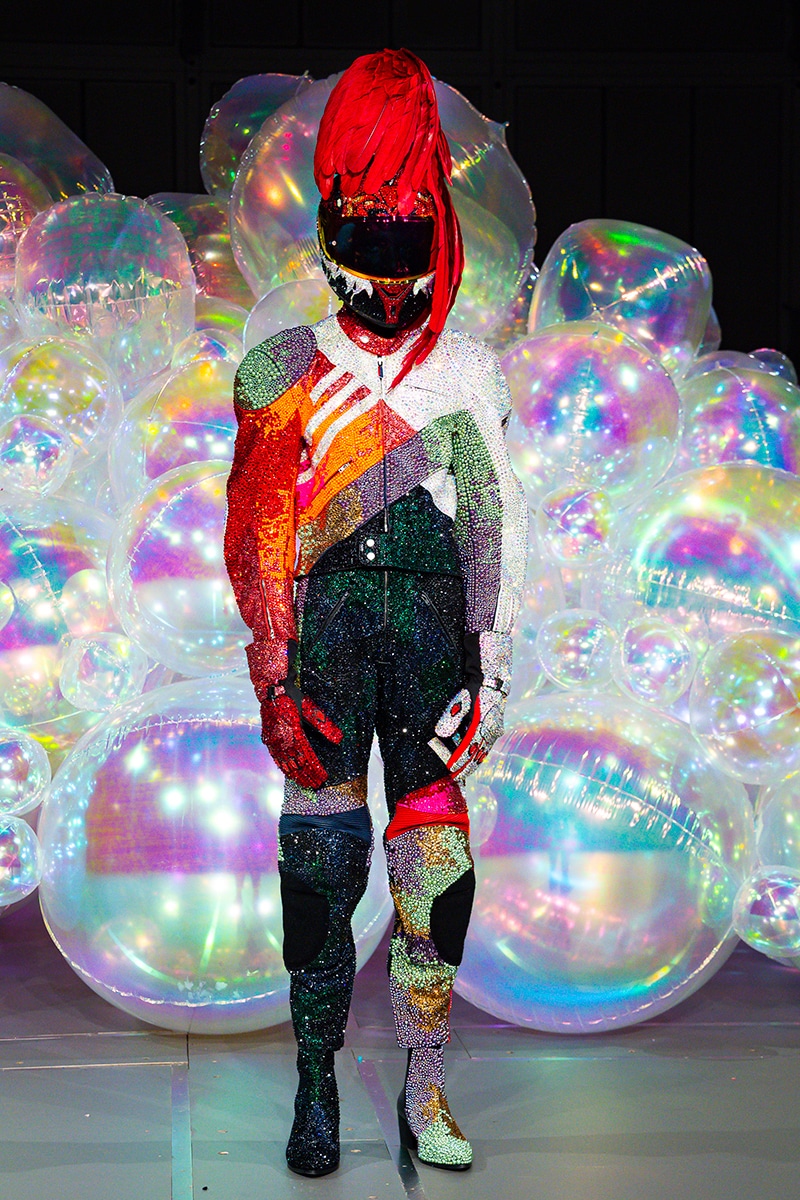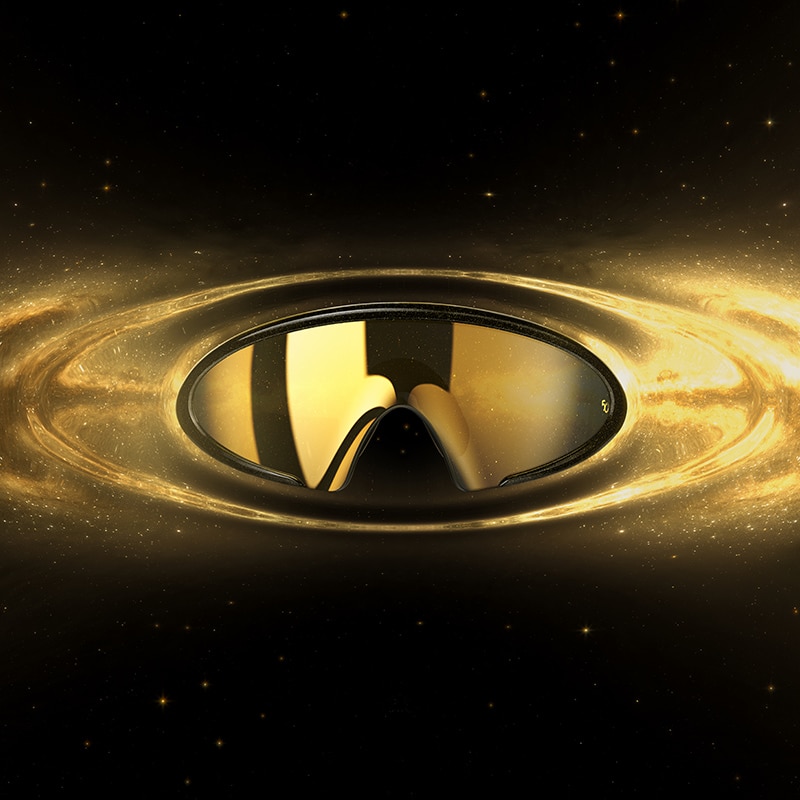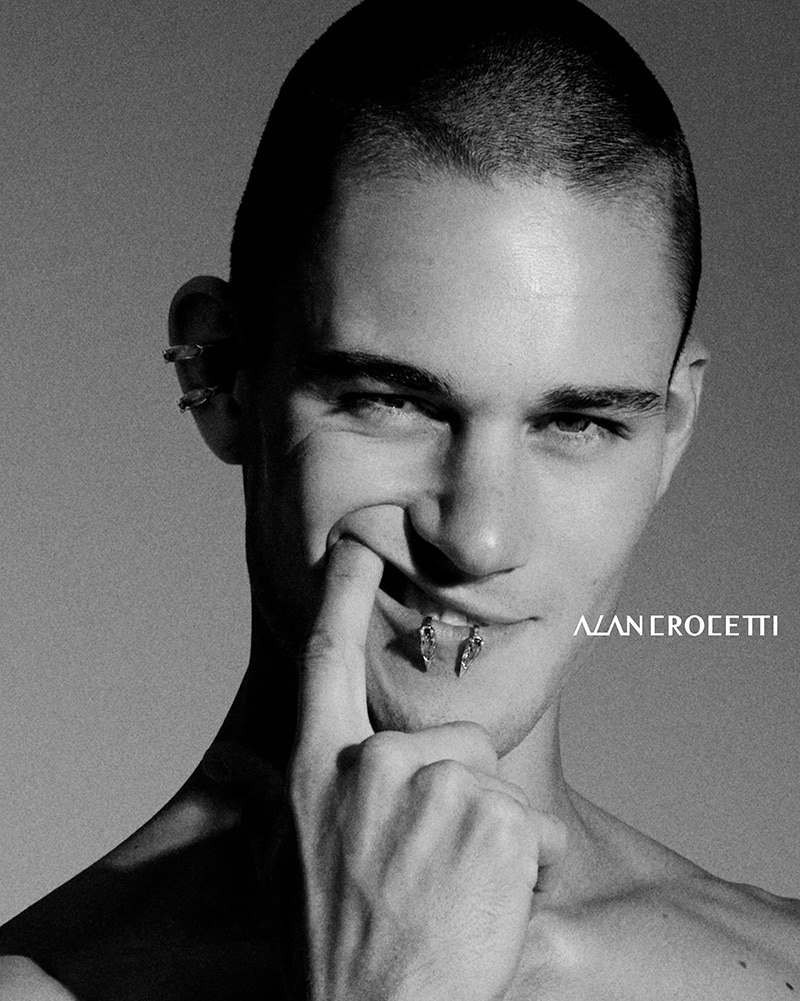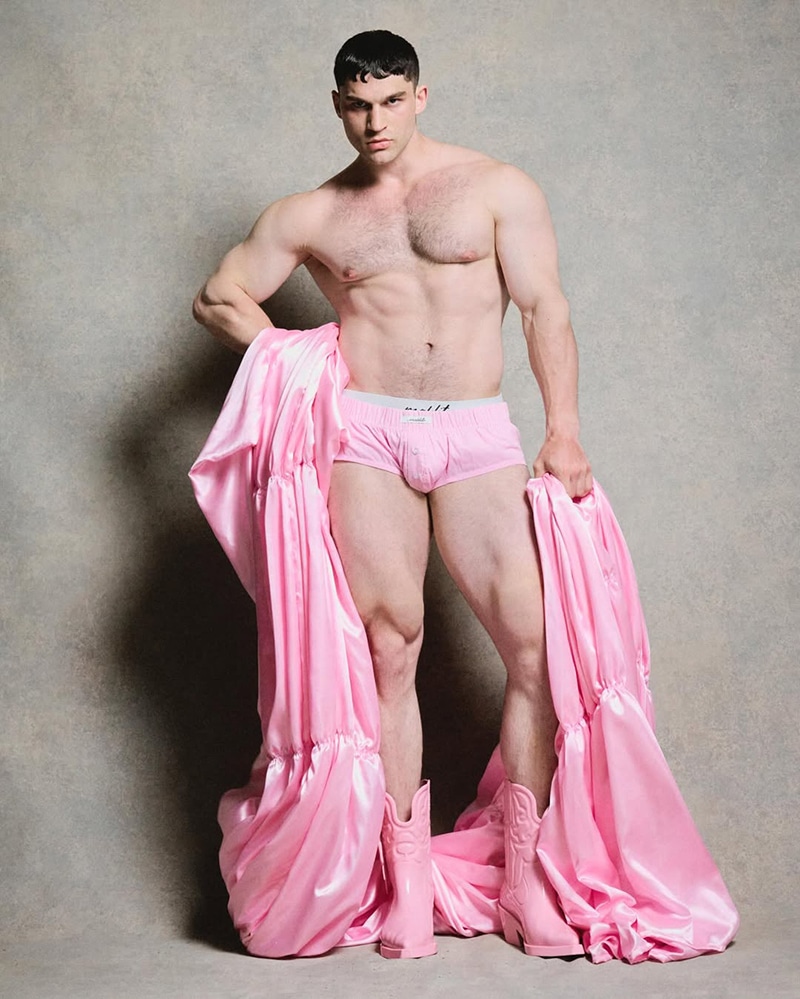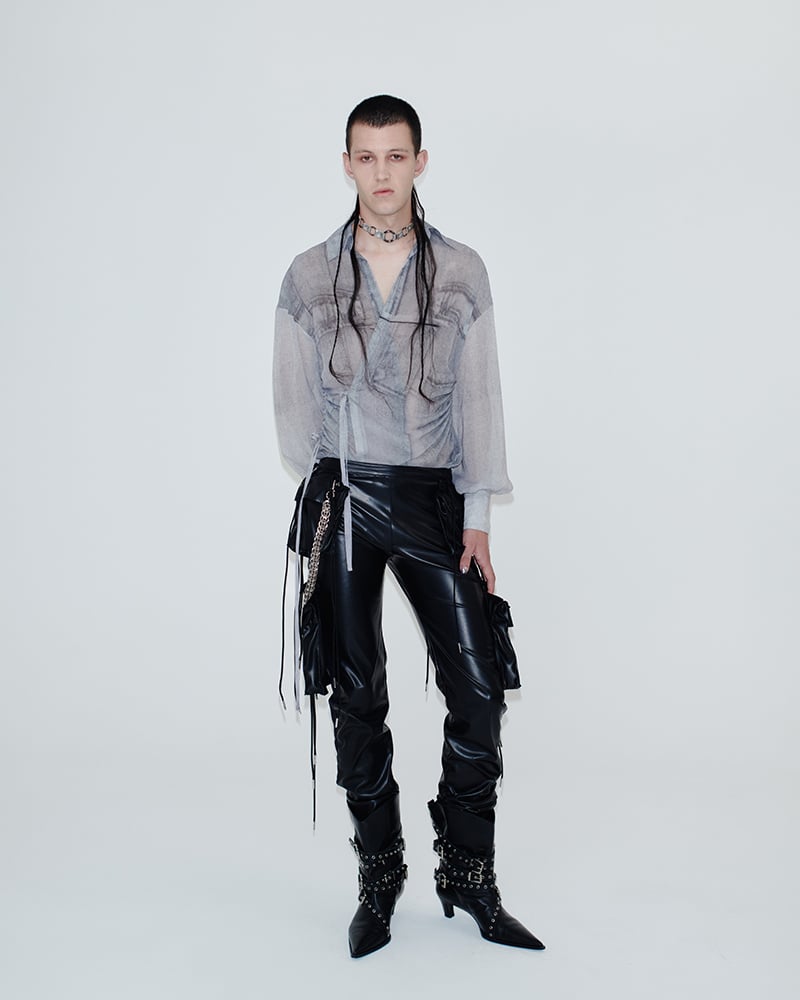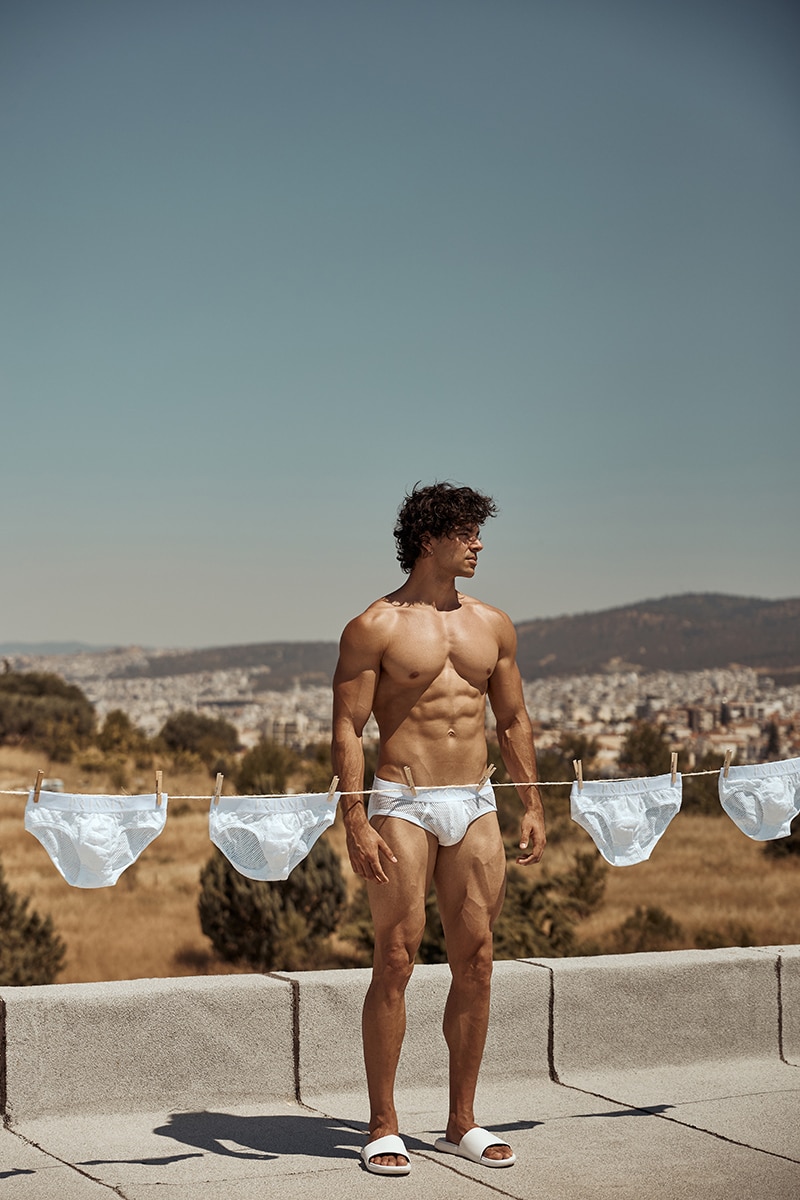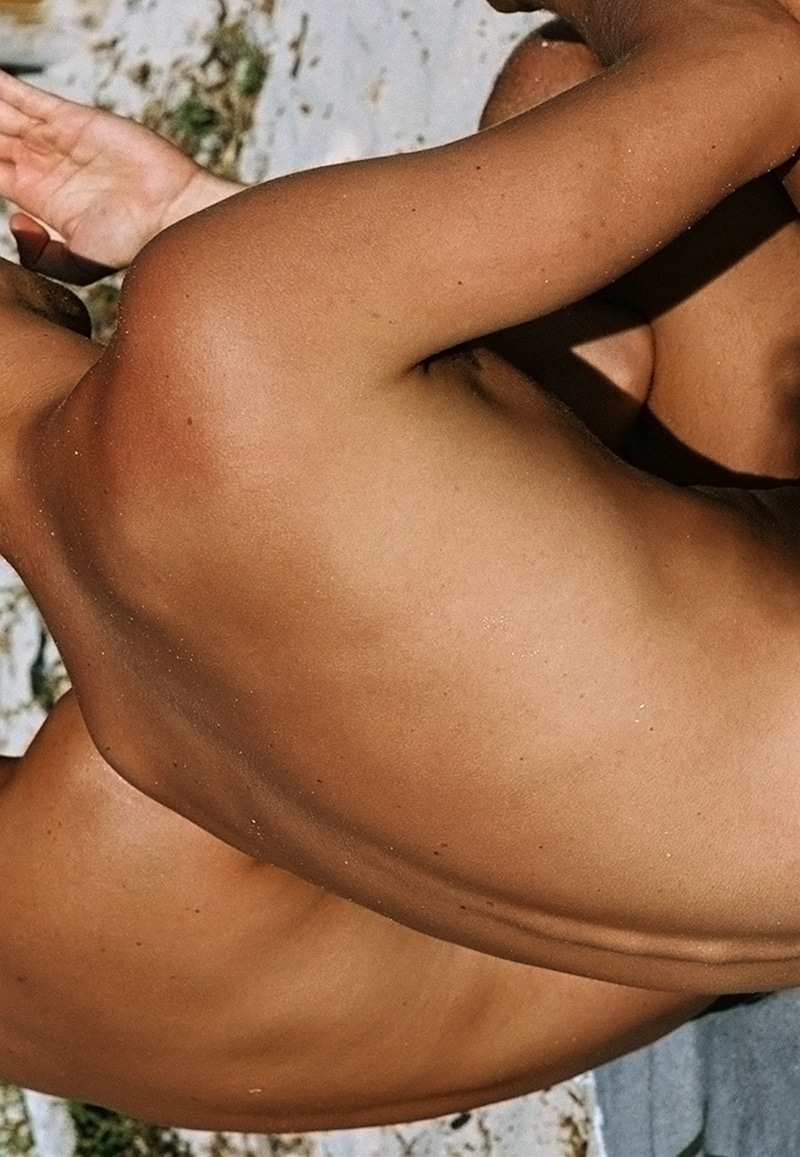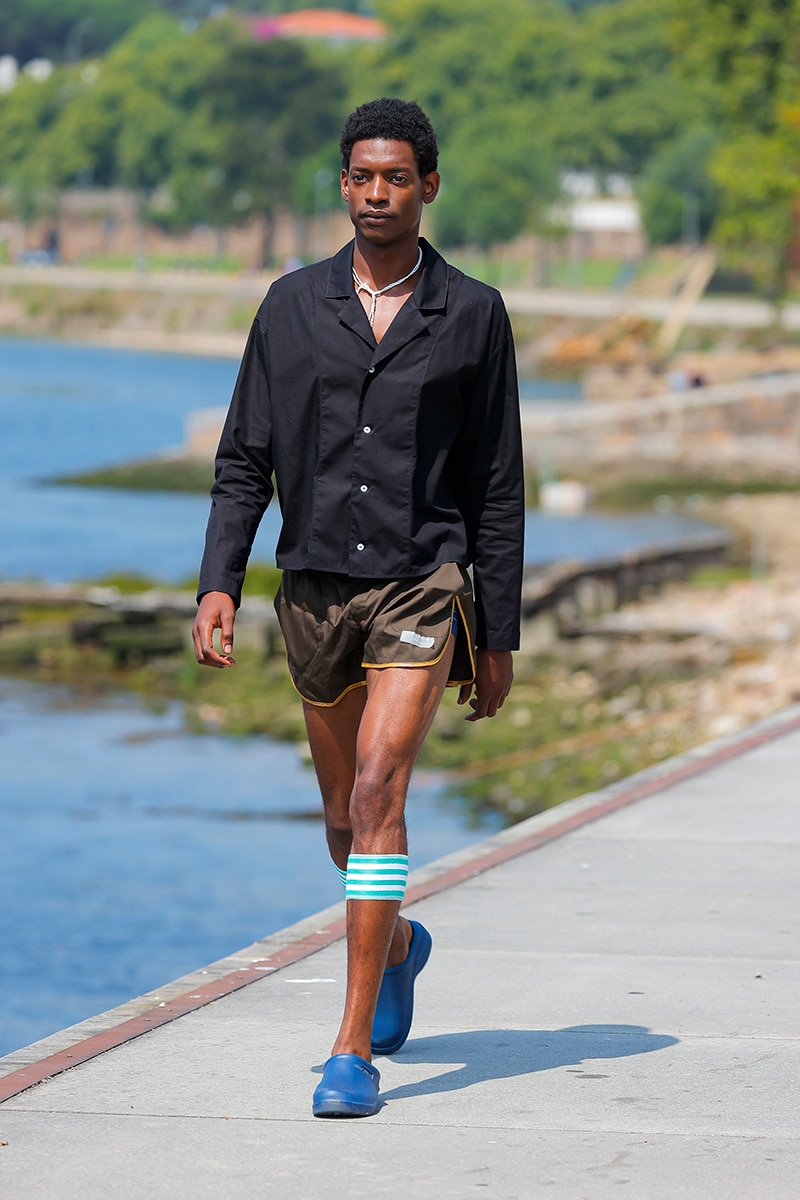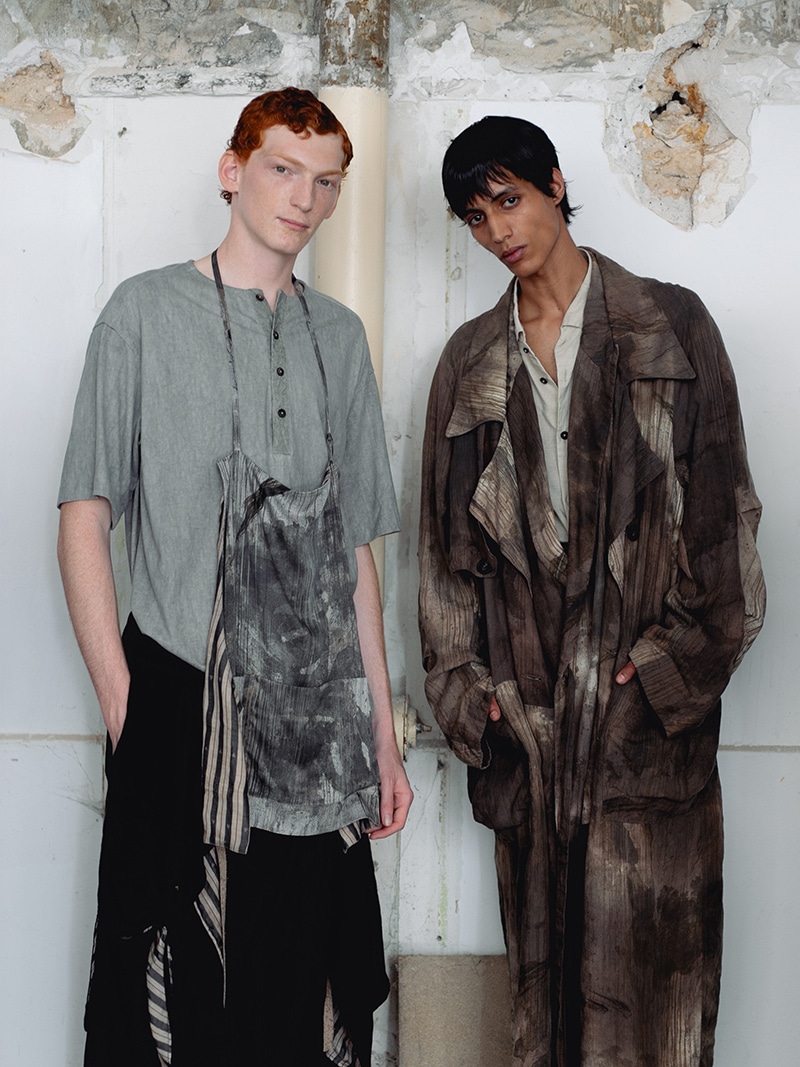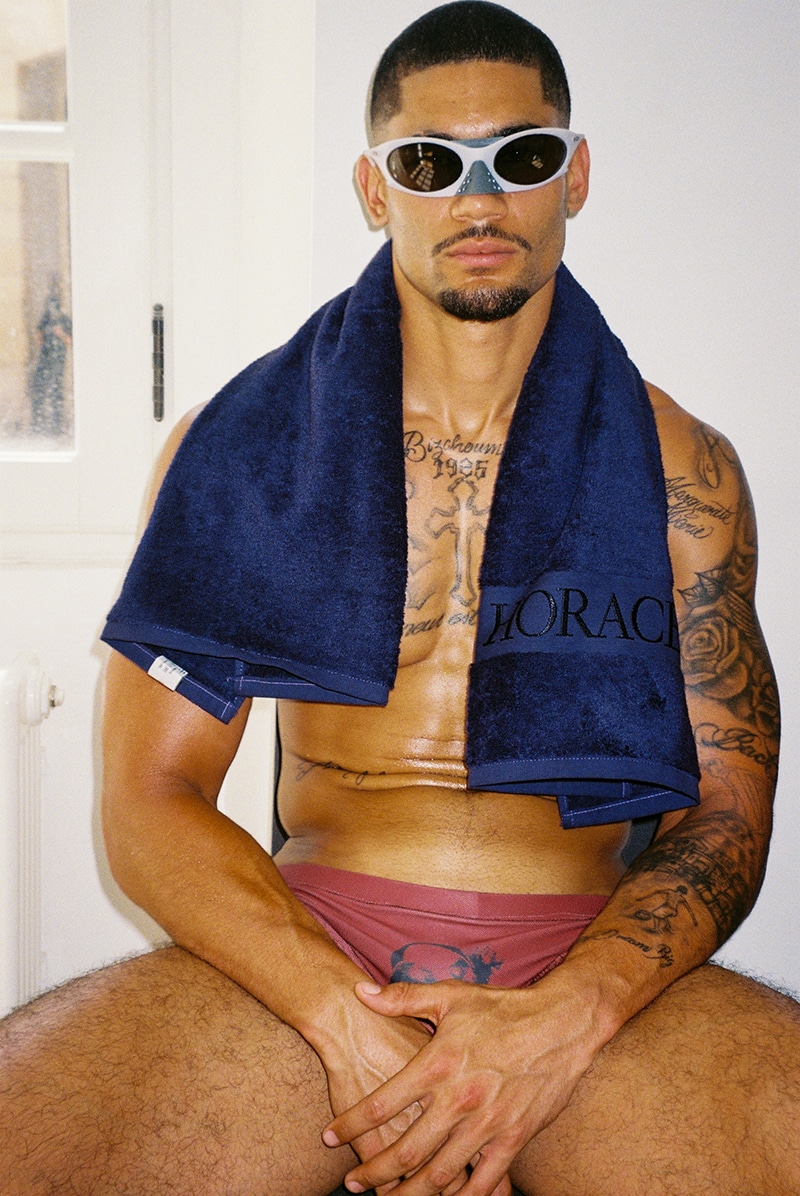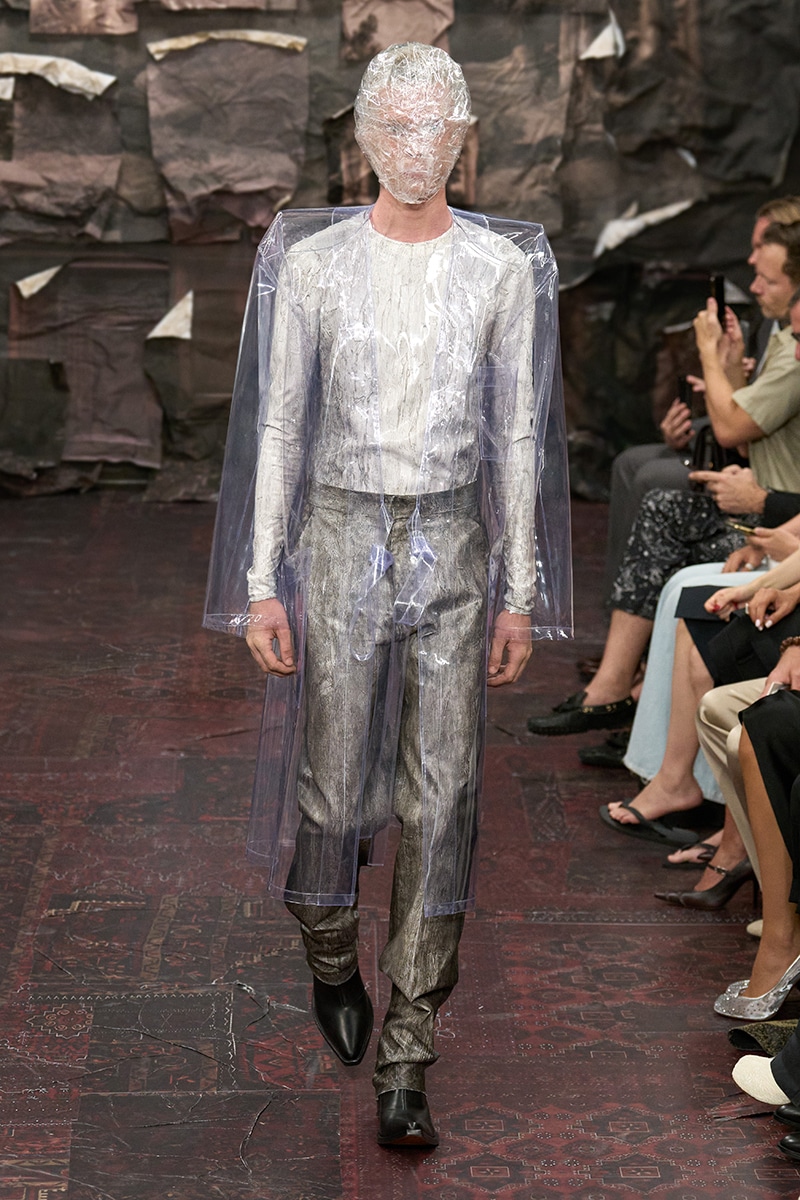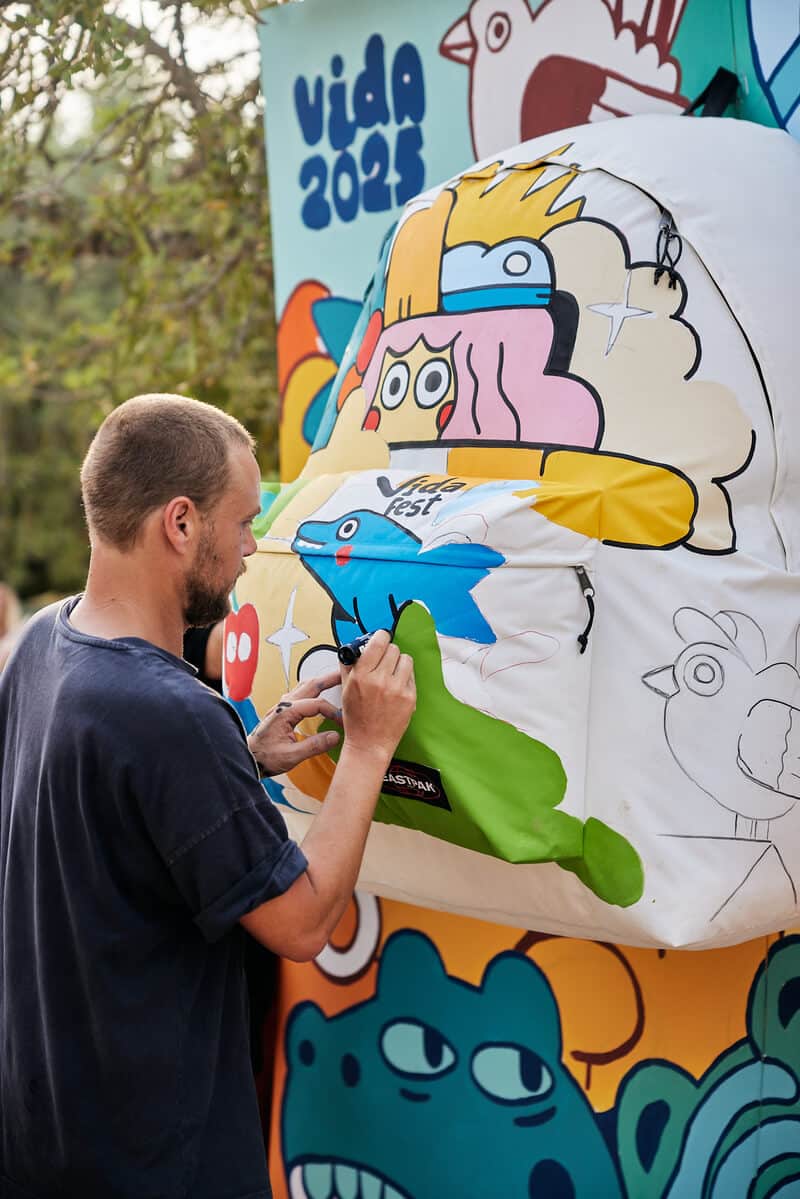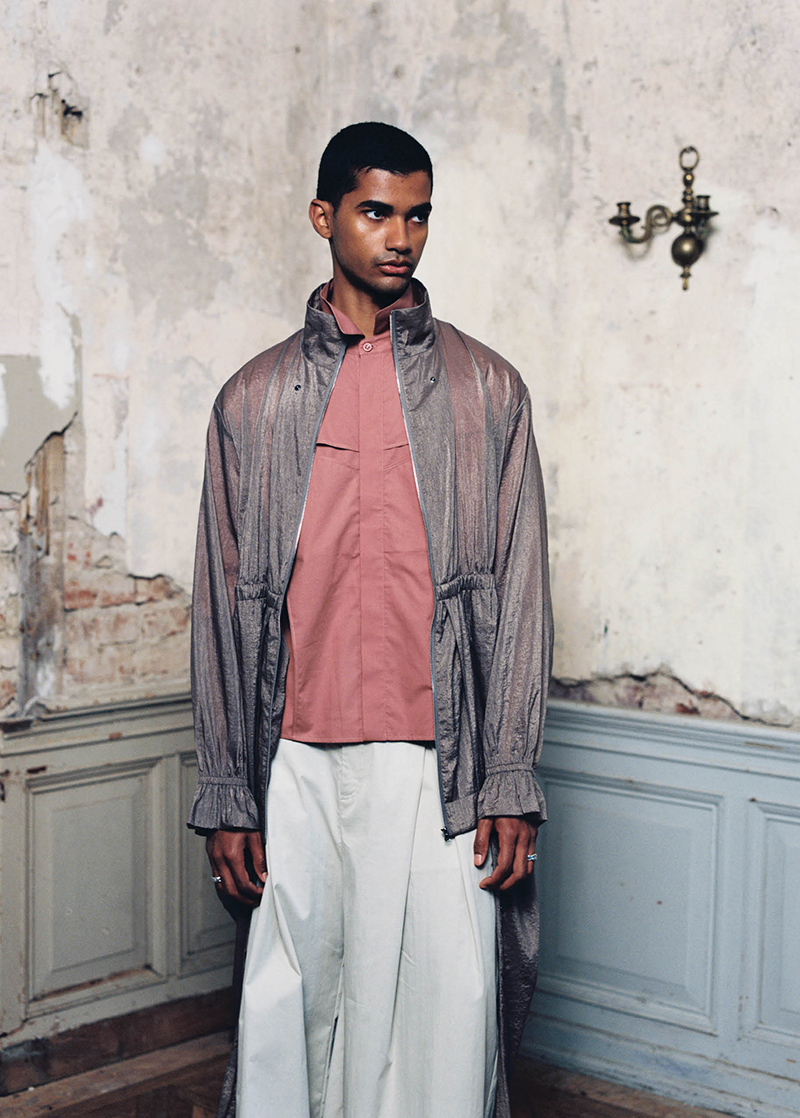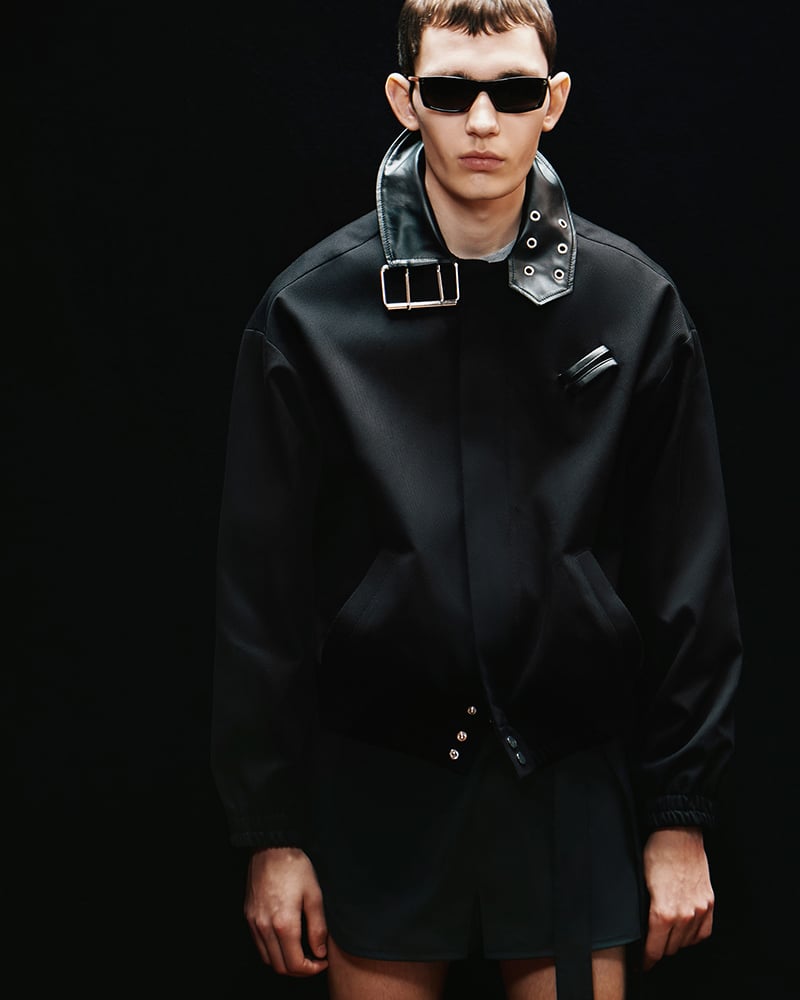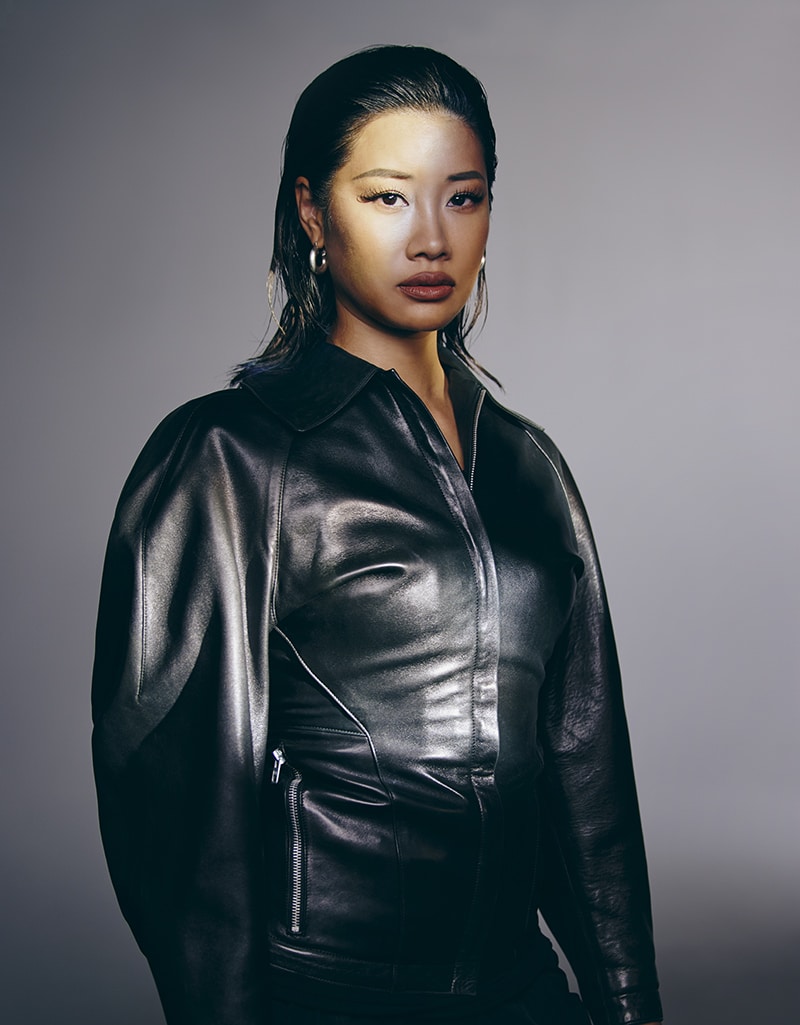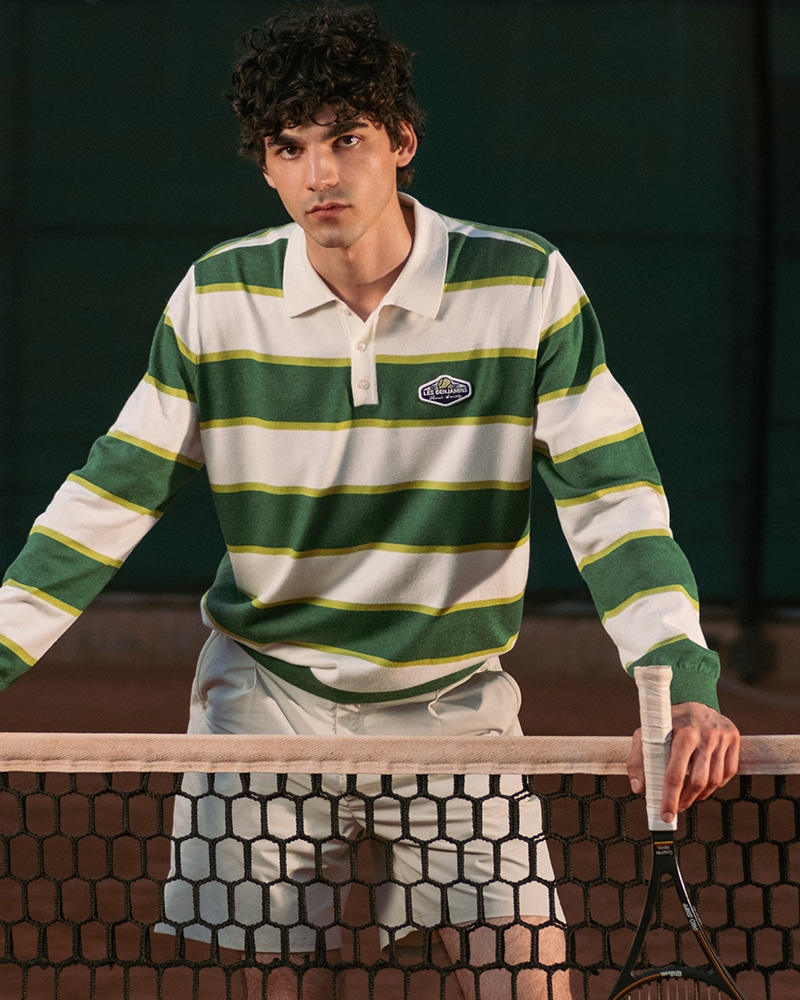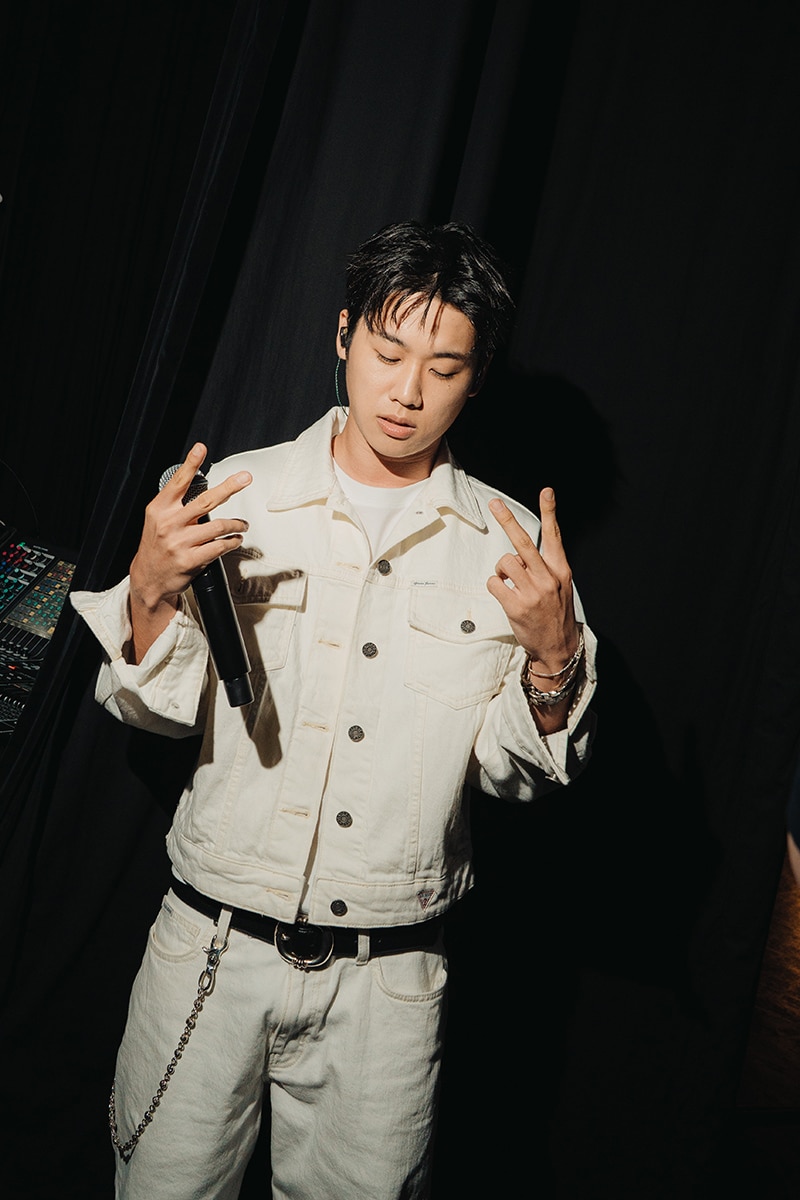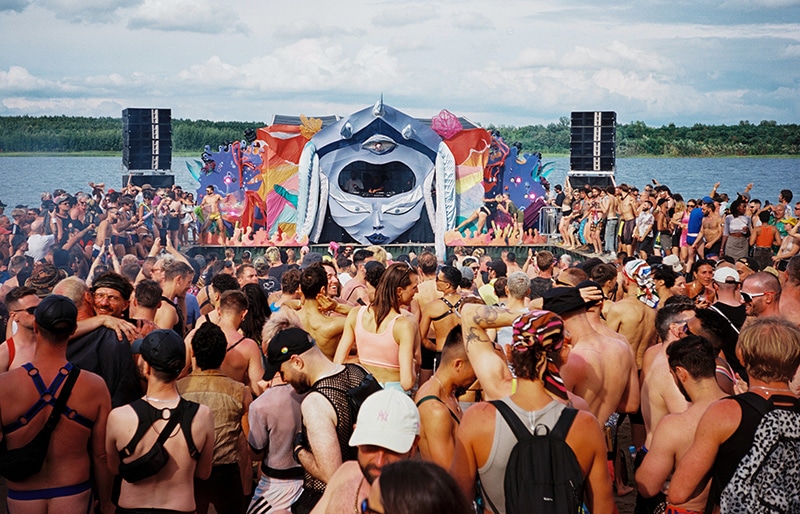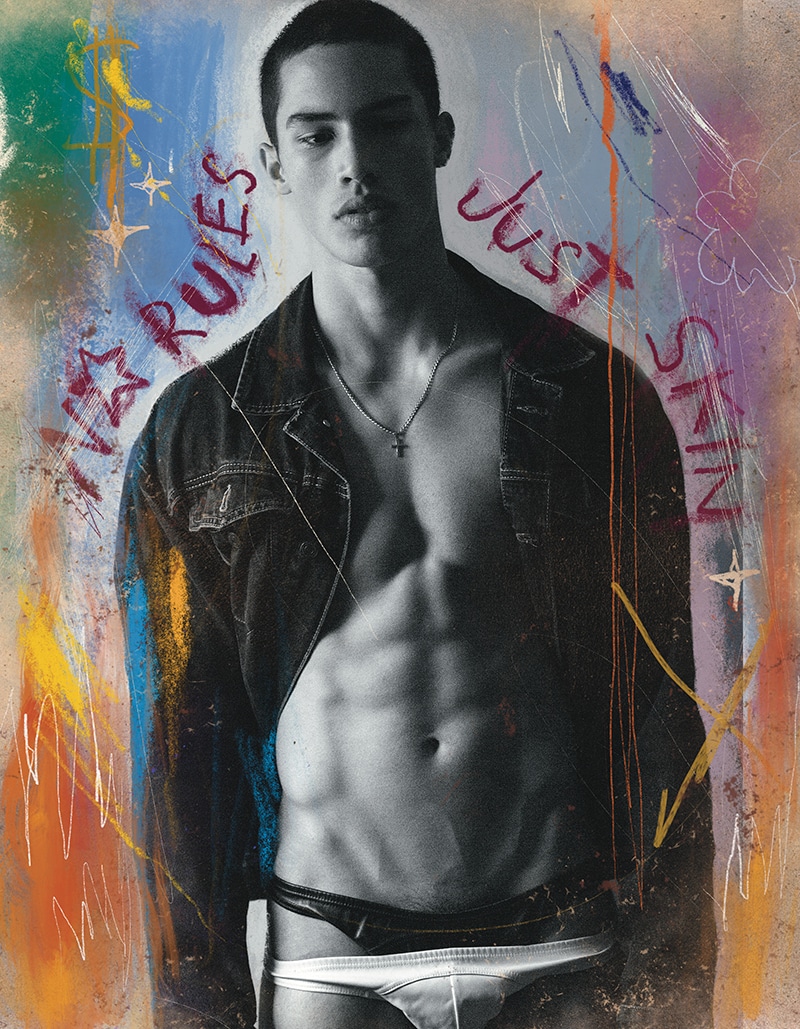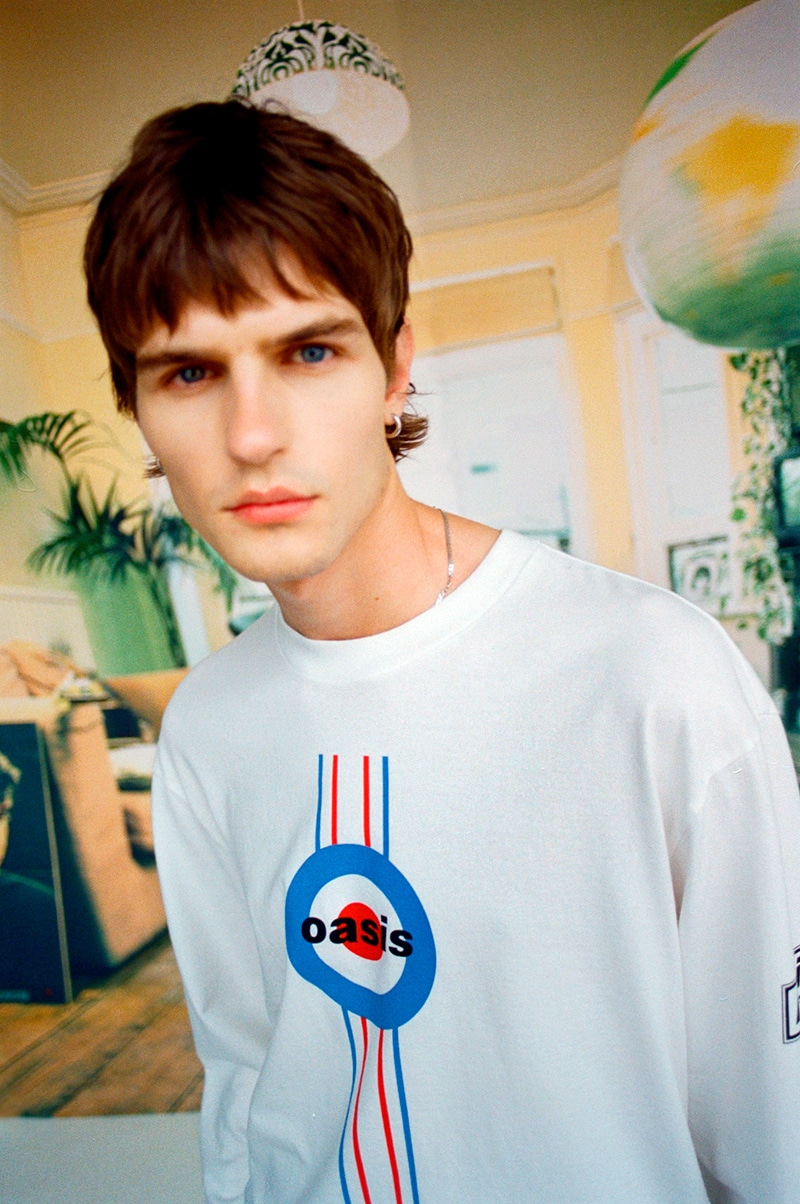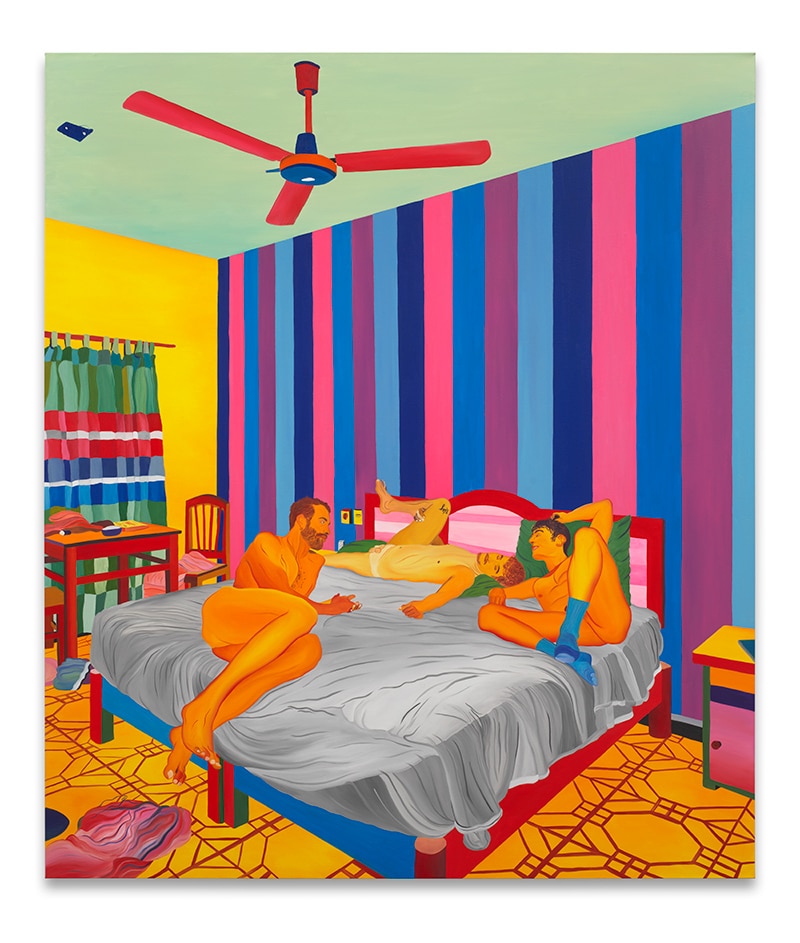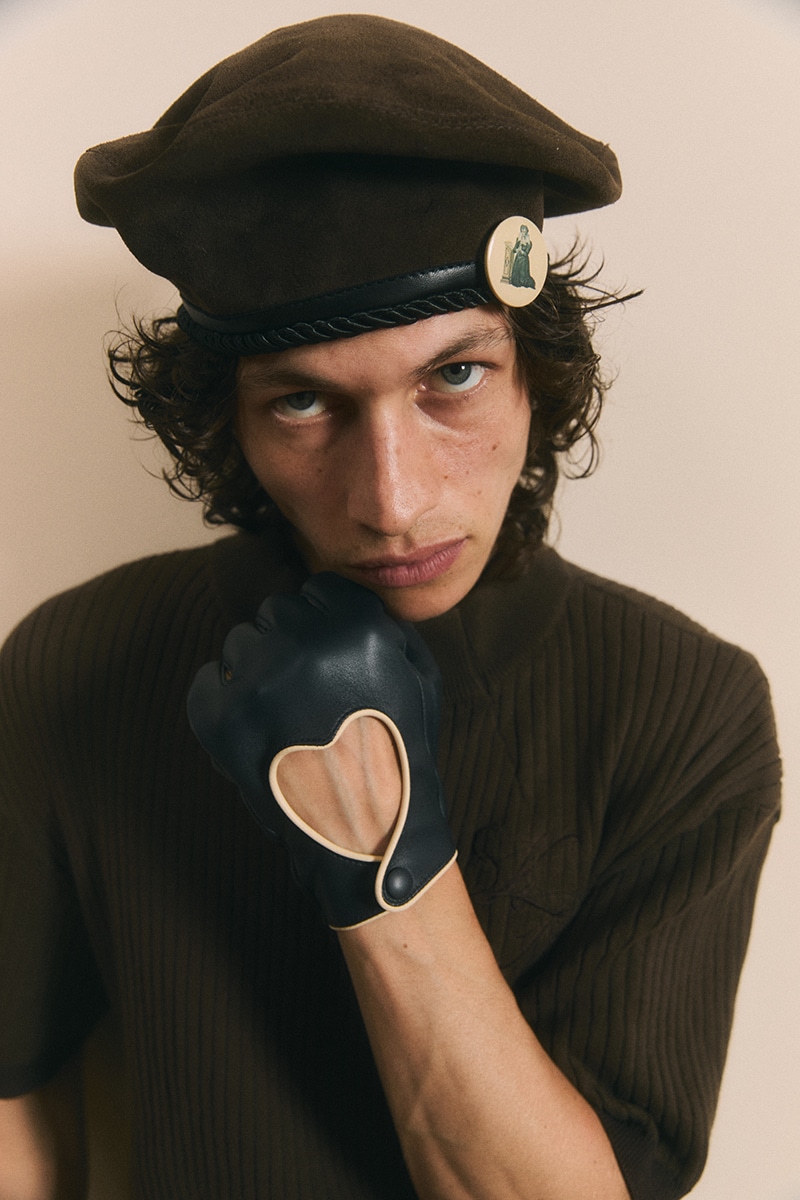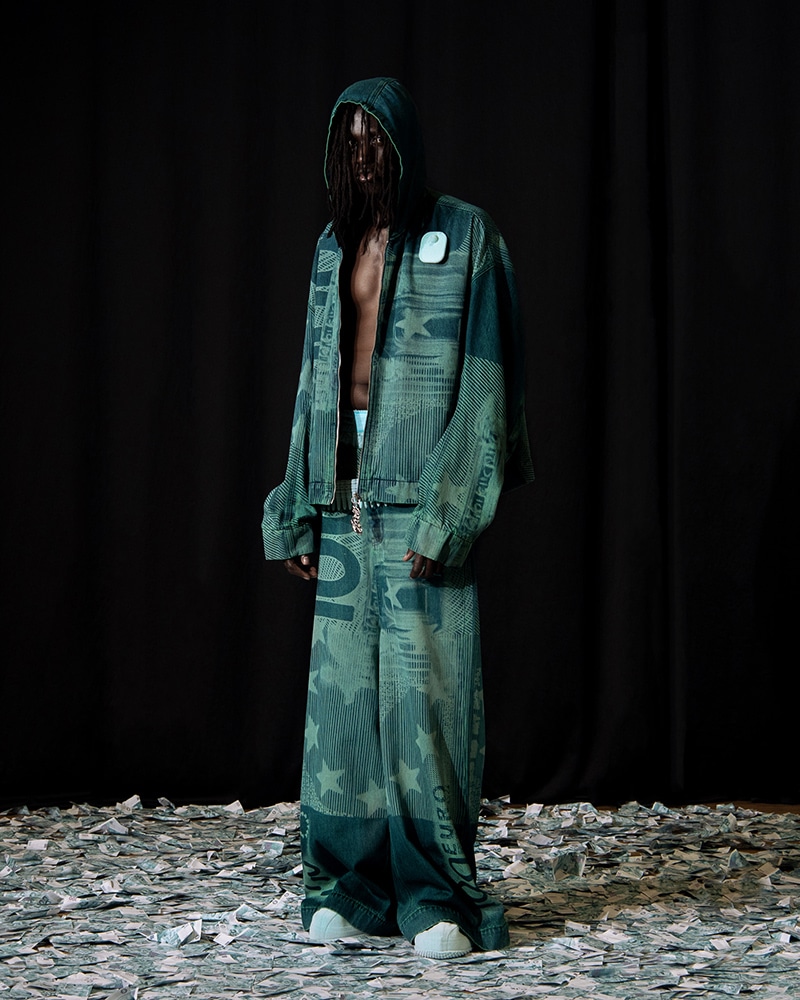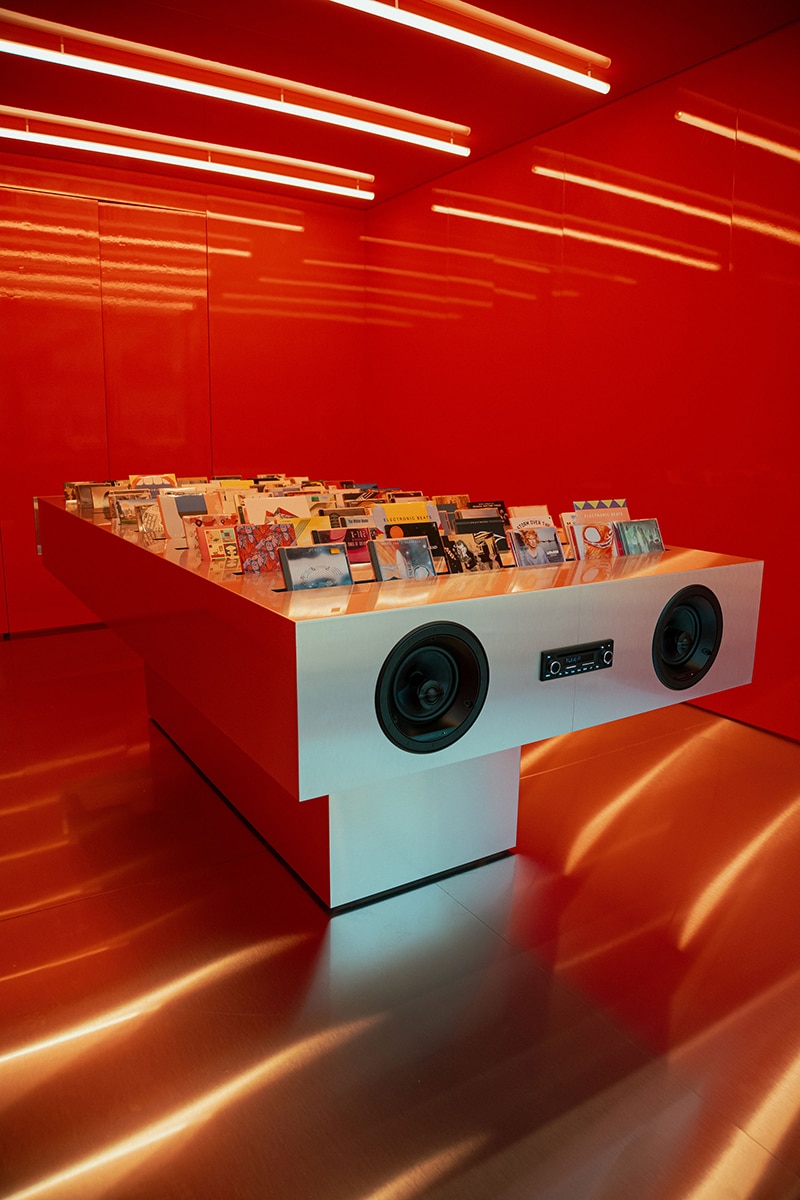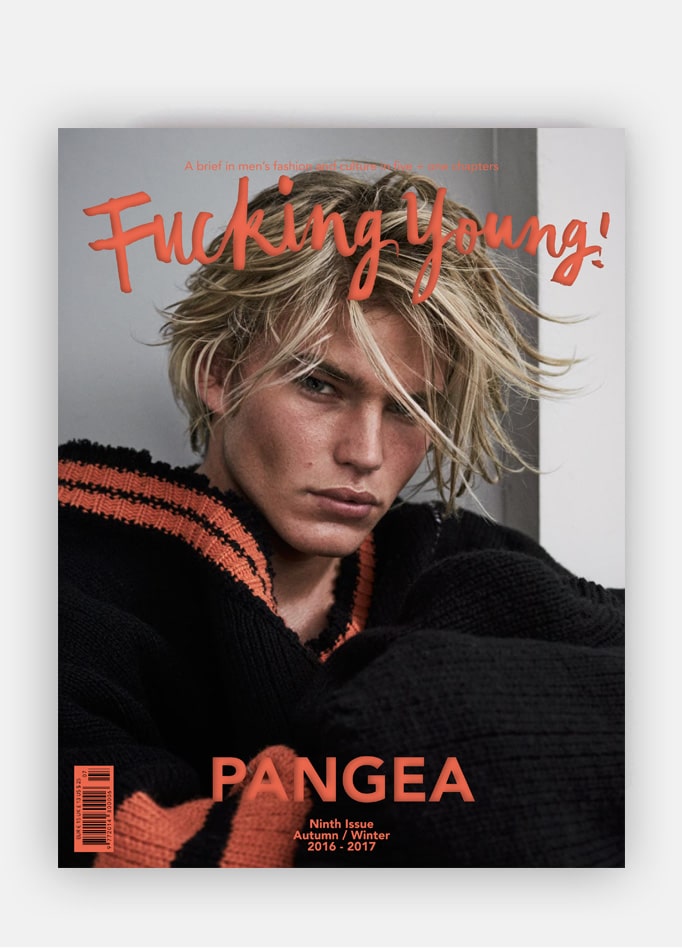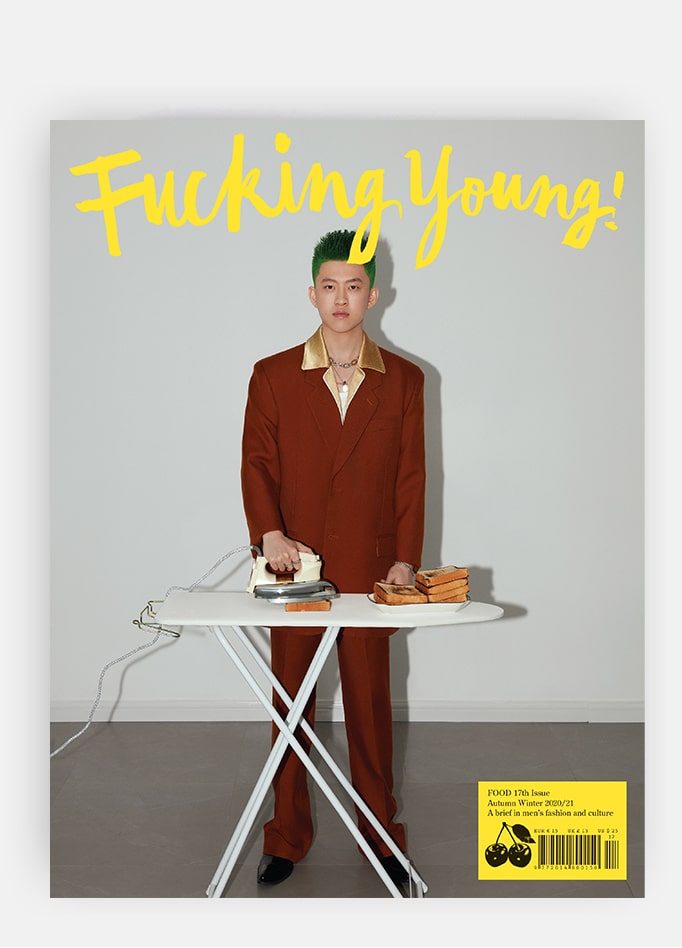
Alix is independent in music and mind. The singer-songwriter has lived in Paris, London and Lisbon, and currently resides on the train between Paris and Milan. As we chat over Zoom, the beige walls surrounding them and the dim lighting overhead seem unsuited, a contradiction to the vibrant artist that they are. Their stage persona, Ali + The Stolen Boy, may sound fantastical, but the true meaning is very real. “I’m Stolen Boy. It’s the projection that other people have on me. A lot of people thought that I was a boy; I never fit into that box, I never felt like that person. It’s my way to say fuck off to whoever looks at me as a boy.” It is this attitude that permeates Alix’s politically-infused music. We speak about their latest release – Errore del Sistema – a rhythm-driven track inspired by the pizzica of Puglia, which is an ode to resistance of queer bodies in the face of structural violence. Delving into capitalism and the queer experience, their melancholic sound is often balanced with infinite optimism. “Utopia for me is my everyday life. I’ve always had to see the world in different ways.”

When did you fall in love with music?
I think it started before I was a part of this world. My mother says all the time that I started dancing when she was pregnant and I was only calm when she played folk music from Puglia, the region of Italy that my parents are from.
How did it evolve into a career?
Music is the synthesis of everything I have done. I started dancing when I was a child and then I went into the performing arts. I used to play the guitar when I was a teenager, and a little bit of piano. Then I stopped for years. The reason is not really a funny story. I lost my voice due to a traumatic event in my life. I literally stopped singing for years and I didn’t want to do music again. A few years ago, when I was processing this trauma, I started singing again. In the beginning, I didn’t realize that I was starting this new career: I was doing it for myself. Then, I really loved my melodies and I started doing some gigs.

Have you always been really confident in your identity?
No, not at all. I’m still not, it depends on the day. When I was a teenager it was quite hard. I used to keep my identity, my feelings, and the name I gave to the person I saw in the mirror a secret. When I was around eighteen years old, I moved to Paris and met other people in the LGBTQIA+ community. I realized there are names that I can give to my experience and it was very important. We’re still inventing names about non-binary experiences so it’s a work in progress every day. But it started to be an amazing experience when I met other non-binary, trans, and queer people. My identity, who I am right now, was made by a lot of people. I really like to feel that I’m not alone, when I’m on stage or when I’m out on the street and someone looks at me as if I were a strange person. That this is the result of a community and they are all with me.
Music has long been gendered. At awards season, it’s always Best Female Solo or Best Male Solo act. What new possibilities do you think come with gender binary defying music?
Personally, the male and female binary, in general, makes no sense anymore. For me, it has never actually made any sense. I don’t know it doesn’t suit me, I don’t see the world in this way. I would like these binaries to end, stop all these categories, and have just an artist. I would love to see Best Artist of the Year.

What do you think needs to change in the music industry?
I would like to see more minorities at the top, in power positions. There are a lot of women and queer people working in the music industry, but it’s led by a majority of cis white men. For example, over 90% of producers in the world are men – I would like this to change. I hope for the music industry what I would like to see in the world; power shared between different identities, communities, and people. There are a lot of people that are trying to work in this direction as well. Music Innovation Hub and its Mission Diversity initiative is a program that works for more equality in the music industry, and I’m working with them now. We don’t want to listen to music that is produced and made only by men, we want something different.
If music is a vehicle for storytelling, what type of stories do you want to tell?
I always start with my personal story and the story of the people around me. I don’t have billionaire friends, so I don’t tell the story of rich people. For instance, in the song that we’re releasing, Errore del Sistema, I wrote when I was drunk in Dalston, London when I was pissed off by a rich white guy. The EP that will be released in June is all about my roots.

If you were stranded on a desert island, and you could take an album and a book, what would you pick?
Let’s start with the book; Testo Junkie by Paul B. Preciado. Precadio is a trans philosopher and he wrote this book during his transition. It’s one of the most important books that I’ve ever read; each time I’m taking time to focus on myself I read this book. It’s like my bible in a way.
For the album, Elza Soares, Deus É Mulher. She is the Brazilian queen of Samba, who died this year. I saw her in concert once and it was one of the most important concerts of my life. She was also an activist, very close to the queer community. For me, she is an icon and I really love her voice.
When people come to see Ali + The Stolen Boy in concert, what can they expect?
First, to have fun, I hope. To enjoy the music, that’s the most important thing for me, and to be together. Some of my songs are really fun, you can dance to them. Some others are ballads so it’s a moment to share with whoever you like. To be free and feel free to be whoever you want to be at my concerts.
Errore del Sistema is out now.

Interview: Lucy Vipond
Photographer: Clotilde Petrosino @clotildepetrosino
Fashion: Patrick Clark @ Divergence Studio @thepatrickclark @divergence.studio
Talent: Ali + The Stolen Boy @aliandthestolenboy
Make Up Artist: Ginevra Calie @ Aura
Photo Agency @ginevracalie @auraphotoagency
Production: Divergence Studio @divergence.studio
BRANDS: Etro, Versace, Froy, Canaku, Desa 1972, Maison Laponte, Dr Martens, John Lawrence Sullivan, Rockins.
